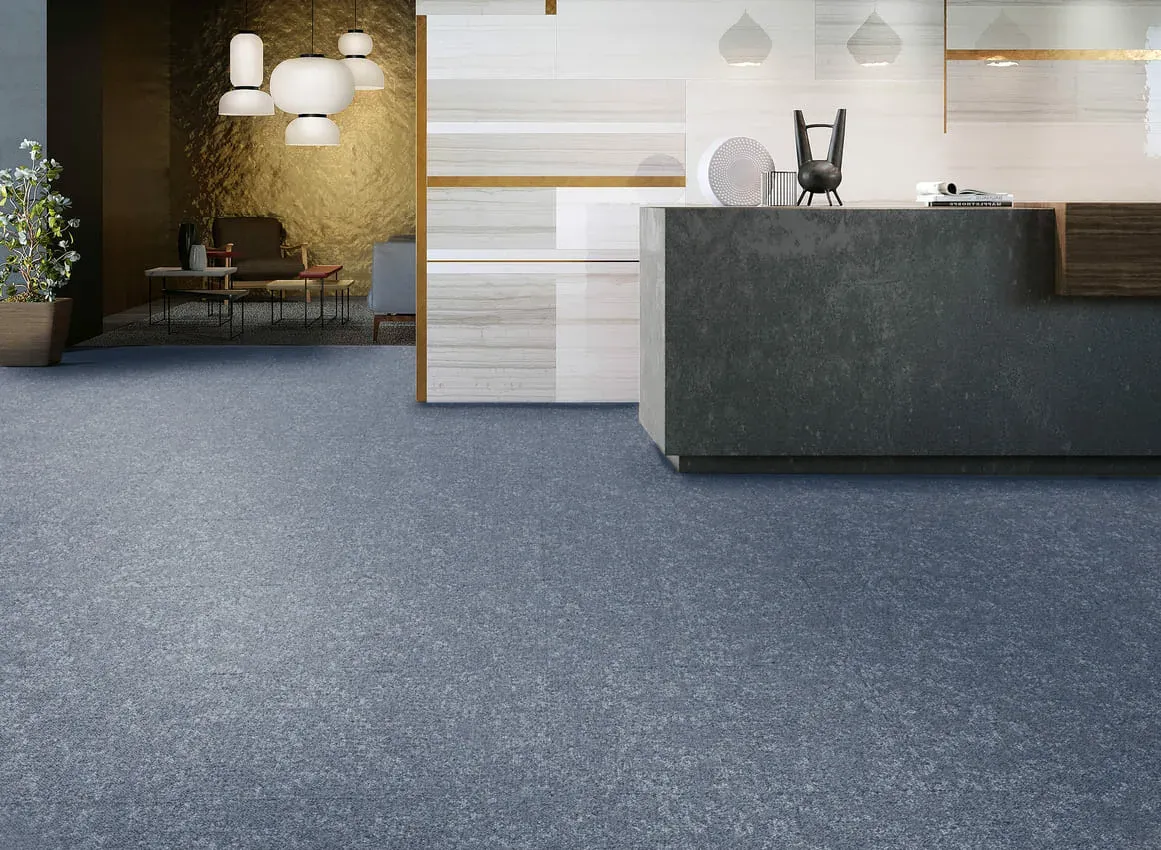Top Commercial Flooring Options for Durability and Style in Business Spaces
The Best Flooring Options for Commercial Use A Comprehensive Guide
When it comes to commercial spaces, the right flooring choice can vastly influence the functionality, aesthetics, and overall atmosphere of the environment. With various factors to consider—such as durability, maintenance, safety, and aesthetics—selecting the right flooring demands careful consideration. This article will explore some of the best flooring options for commercial use, ensuring that businesses can make informed decisions for their specific needs.
1. Vinyl Flooring
Vinyl flooring is often a top choice for commercial settings due to its versatility and cost-effectiveness. Available in sheets, tiles, or planks, vinyl is suitable for various applications, from retail spaces to healthcare facilities. It is highly resistant to moisture, making it ideal for areas prone to spills, such as kitchens and bathrooms. Furthermore, modern vinyl options can replicate the look of natural materials, such as wood or stone, while providing exceptional durability and easy maintenance.
2. Carpet Tiles
For offices and hospitality environments, carpet tiles present a comfortable and stylish option. They provide sound absorption properties, creating a quieter atmosphere conducive to productivity. Additionally, carpet tiles are available in various colors and patterns, allowing businesses to create a unique and branded look. Their modular nature means that if one tile becomes damaged, it can be easily replaced without the need to replace the entire carpet.
Laminate flooring has grown in popularity due to its balance of affordability and aesthetic appeal. With advanced technology, laminate can mimic the appearance of hardwood or stone at a fraction of the cost. It is highly scratch-resistant and easy to clean, making it suitable for high-traffic areas. However, it’s essential to choose high-quality laminate products that offer better moisture resistance, especially in regions like kitchens or bathrooms.
enlio best flooring for commercial use

4. Concrete Flooring
For a modern and industrial aesthetic, polished concrete is an excellent choice. It is incredibly durable and can withstand heavy foot traffic, making it suitable for warehouses, showrooms, and retail spaces. Concrete flooring can also be treated with various finishes, including stains, dyes, and coatings, which can enhance its visual appeal. However, it is essential to consider that concrete can be cold and hard underfoot, and thus comfortable footwear or area rugs may be recommended for areas where people stand for long periods.
5. Rubber Flooring
Rubber flooring is a favorite in fitness centers, schools, and healthcare facilities due to its shock-absorbing properties. It provides excellent traction, reducing the risk of slips and falls, an essential feature in environments with high foot traffic or where spills are likely. Additionally, rubber is highly resilient and easy to clean, making it a practical option for busy commercial spaces.
6. Hardwood Flooring
While it’s often viewed as a more traditional choice, hardwood flooring can still be an appropriate option for commercial use, especially in high-end retail shops, restaurants, or offices aiming for a sophisticated look. Although it requires more maintenance than other options, its warmth and beauty can create a welcoming atmosphere. When using hardwood in commercial spaces, it’s crucial to choose high-quality, durable varieties and consider applying appropriate finishes to enhance its longevity.
Conclusion
Choosing the right flooring for a commercial space is a significant decision that impacts functionality, maintenance, and ambiance. Each option has its unique benefits and drawbacks, and the ideal choice ultimately depends on the specific needs of the business, budget constraints, and desired aesthetic. Whether opting for the resilience of vinyl or the elegance of hardwood, the right flooring can enhance a commercial environment, making it a more productive and inviting space for employees and customers alike.
-
SPC Vinyl FlooringJul.18,2025
-
Home SPC FlooringJul.18,2025
-
Heterogeneous Sheet Vinyl: The Ultimate Commercial Flooring SolutionJul.15,2025
-
Dry Back LVT Flooring: A Durable and Stylish Flooring SolutionJul.15,2025
-
Click LVT Flooring: A Stylish and Convenient Flooring SolutionJul.15,2025
-
SPC FlooringJun.24,2025




